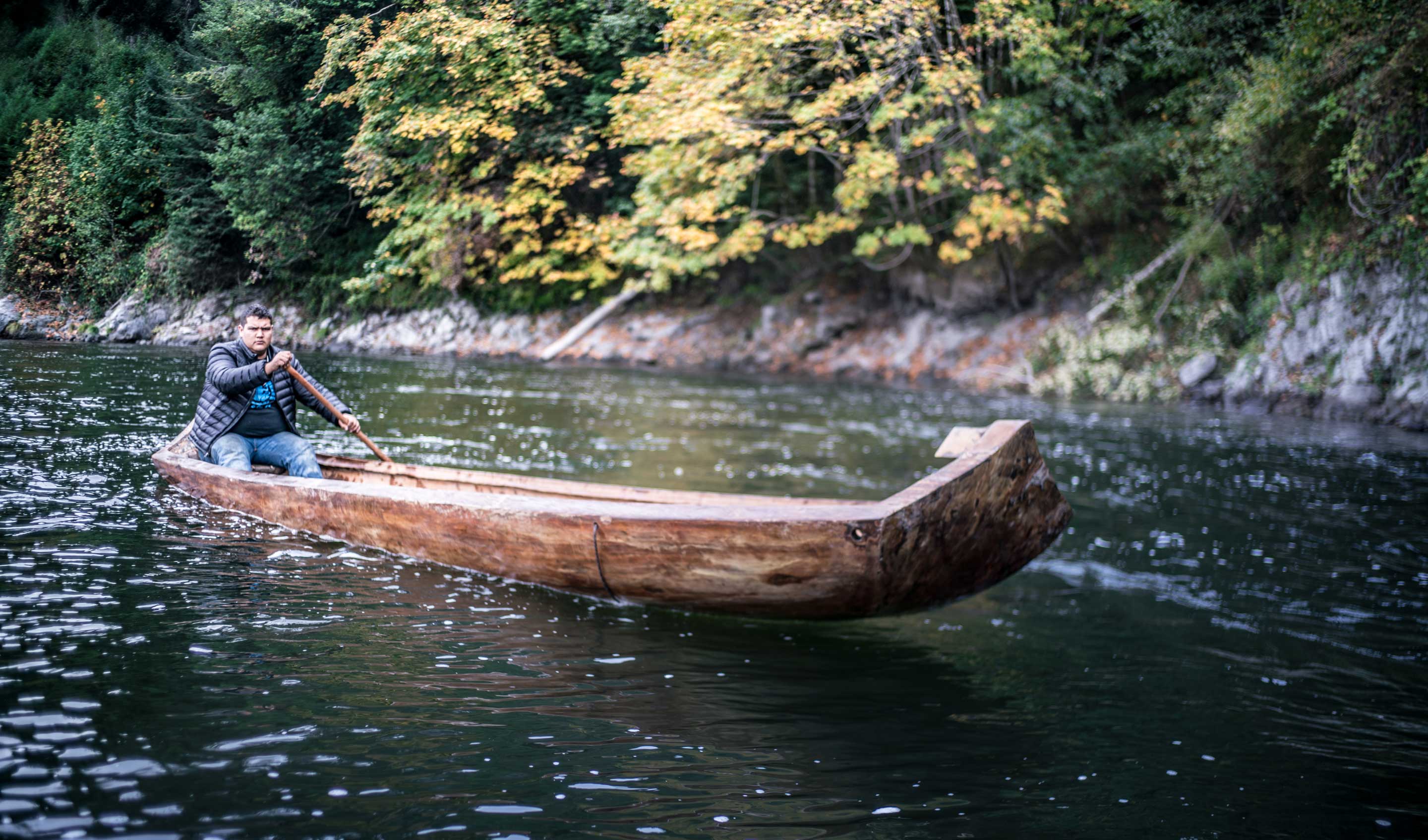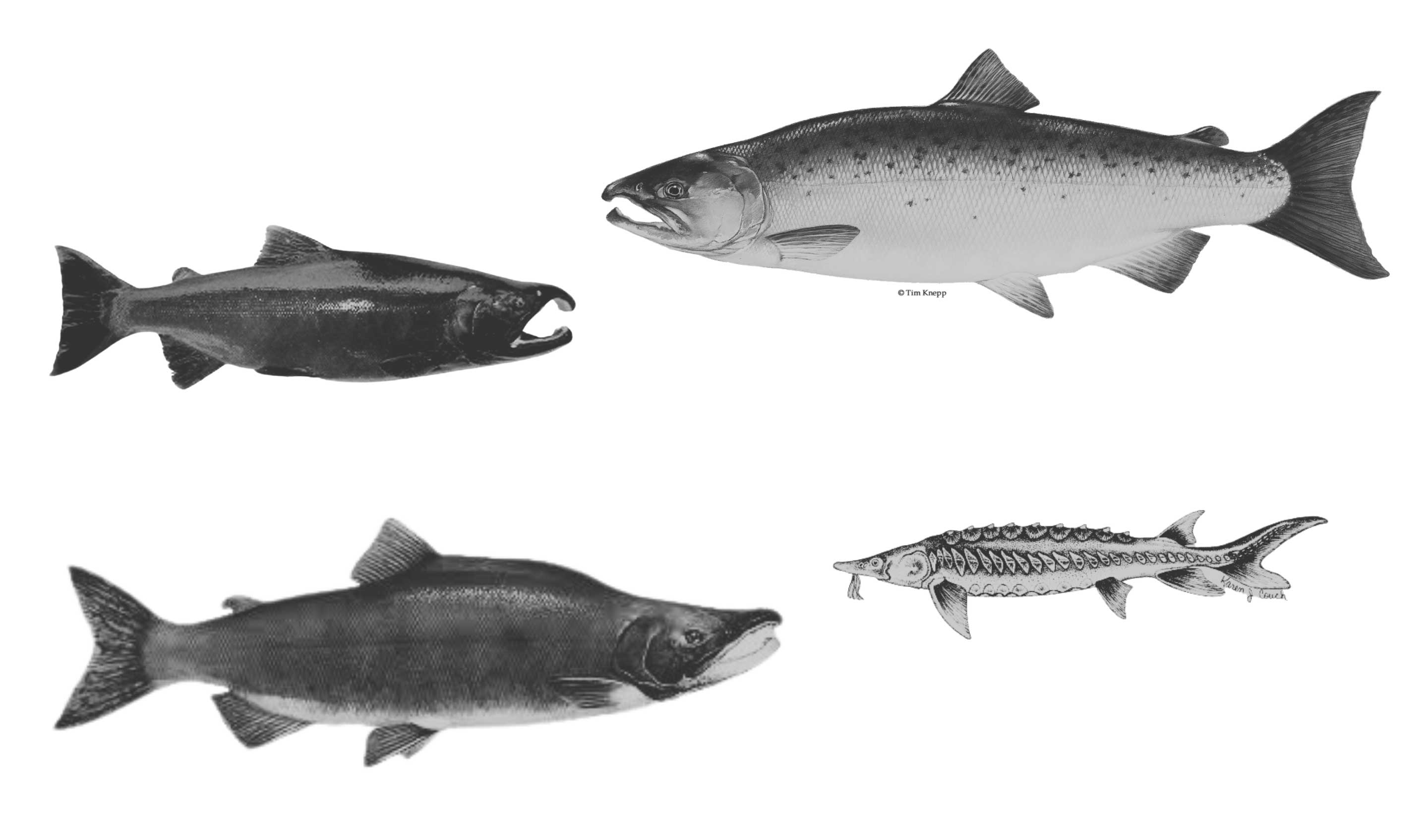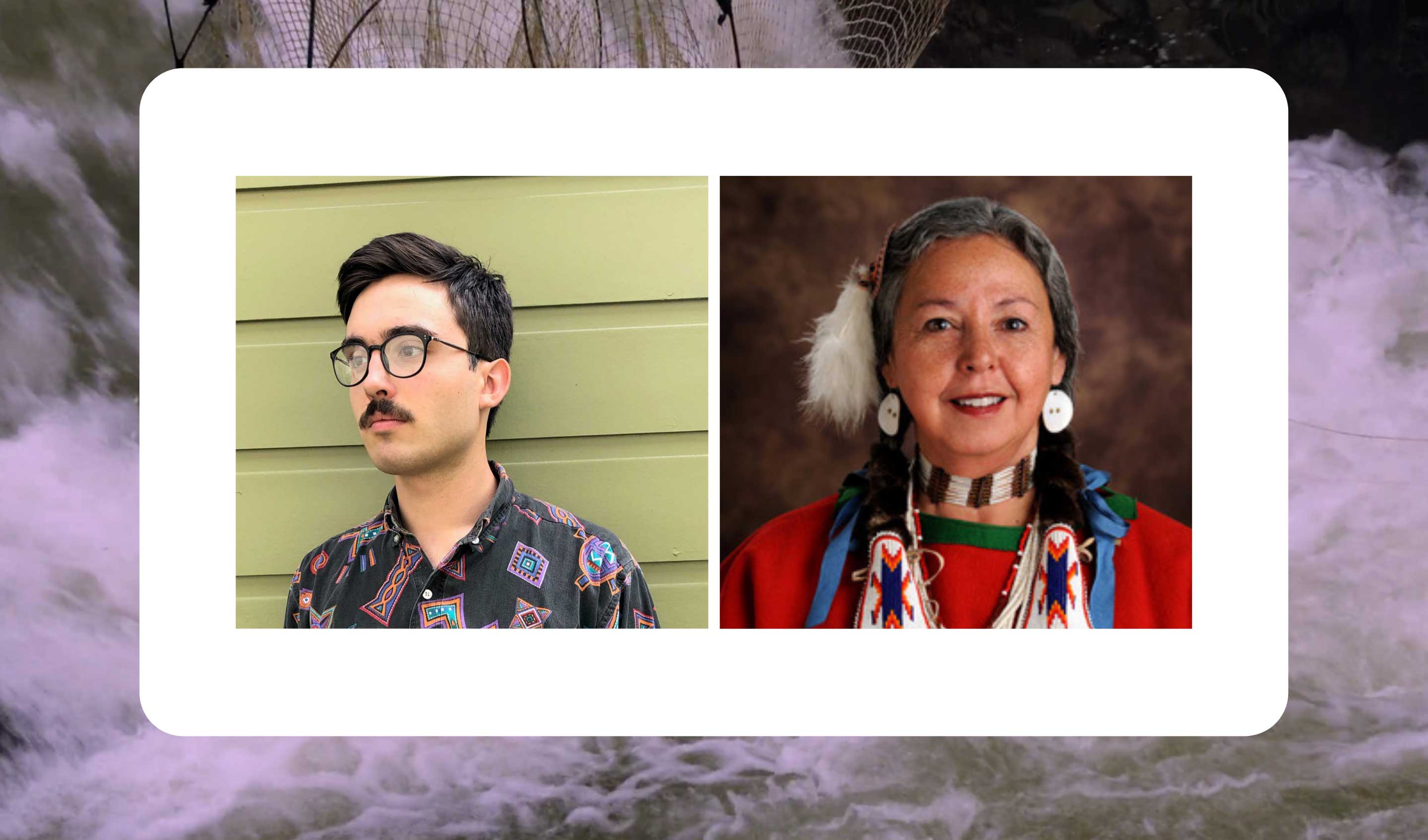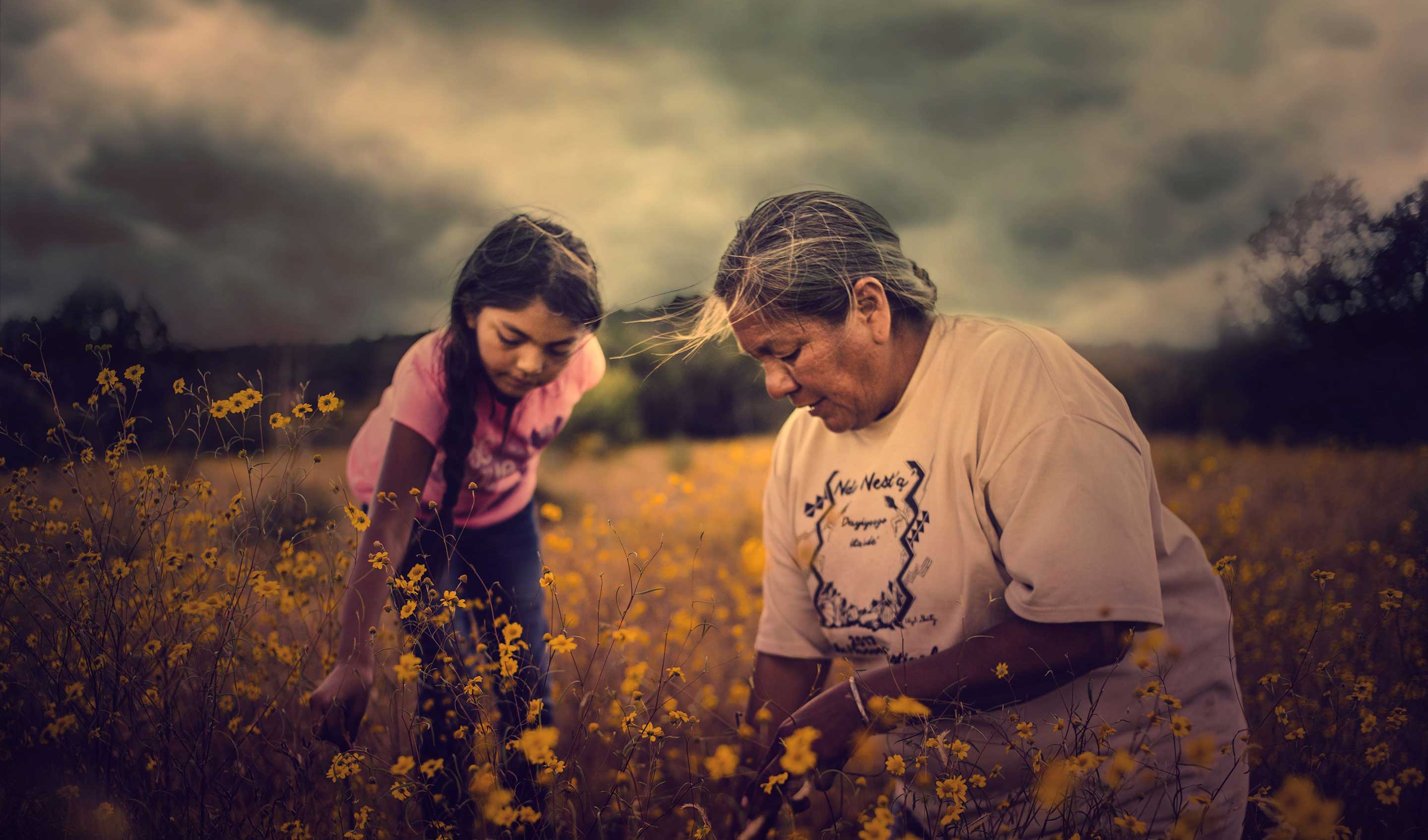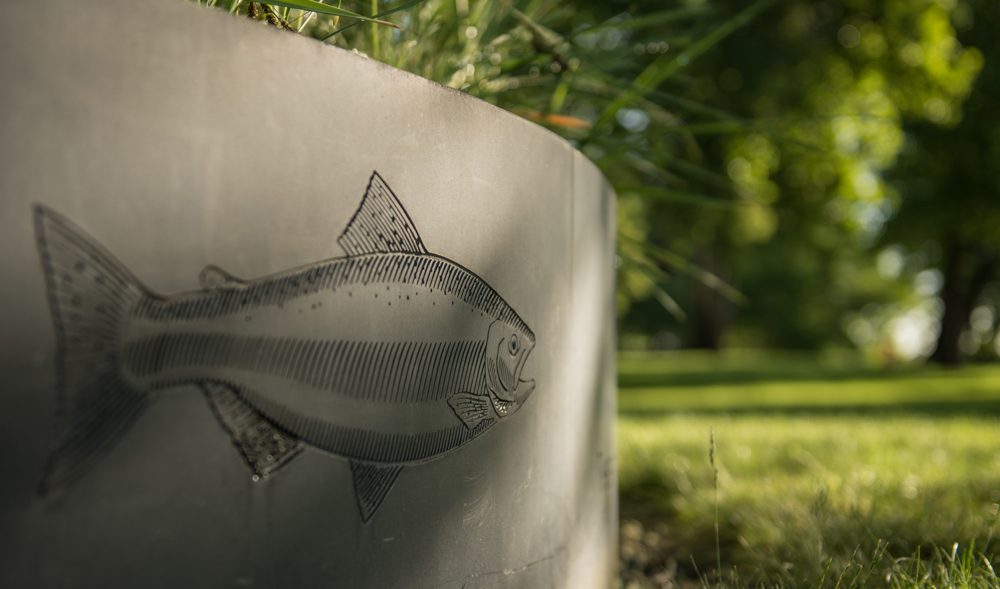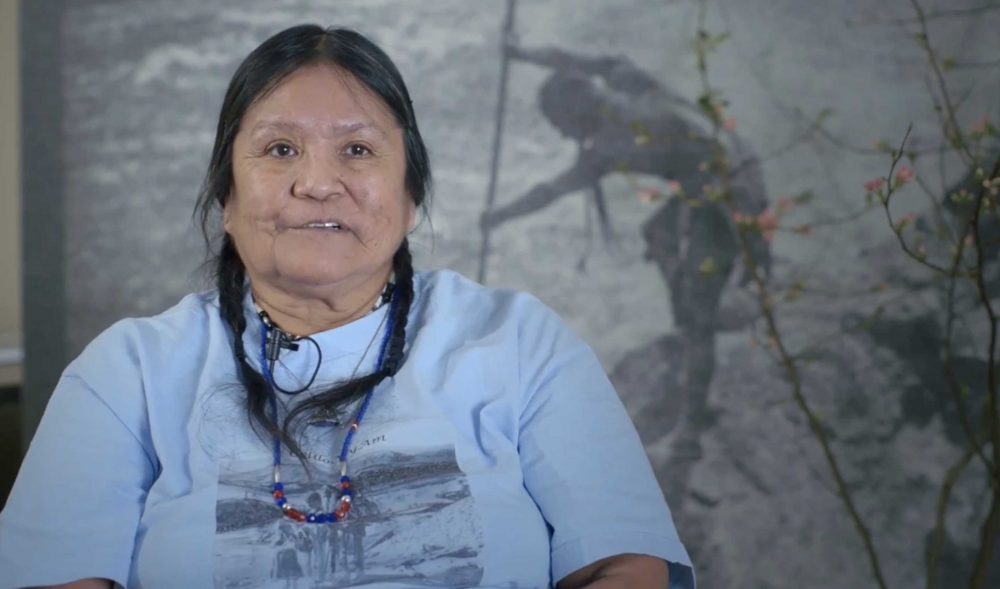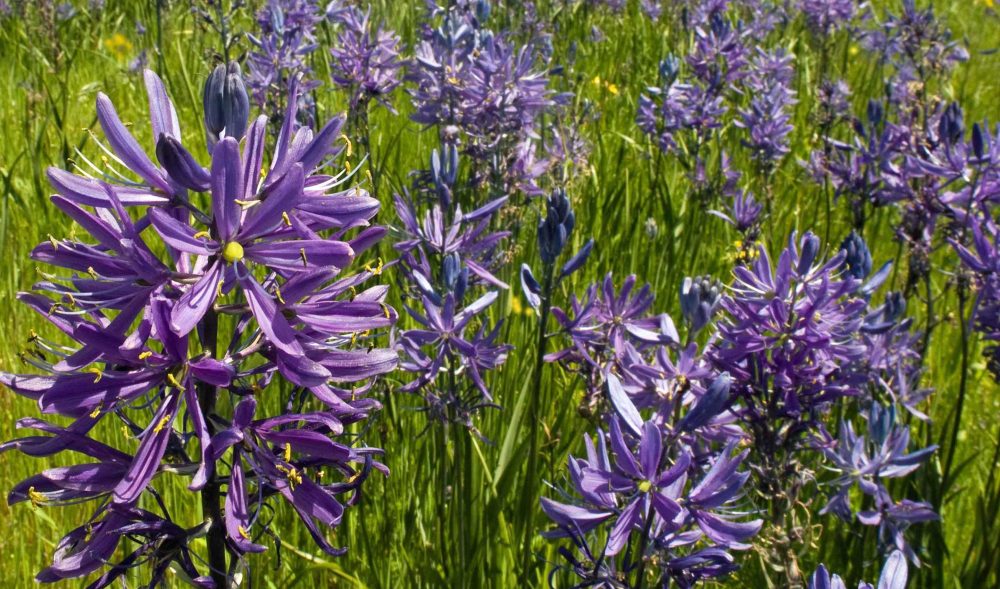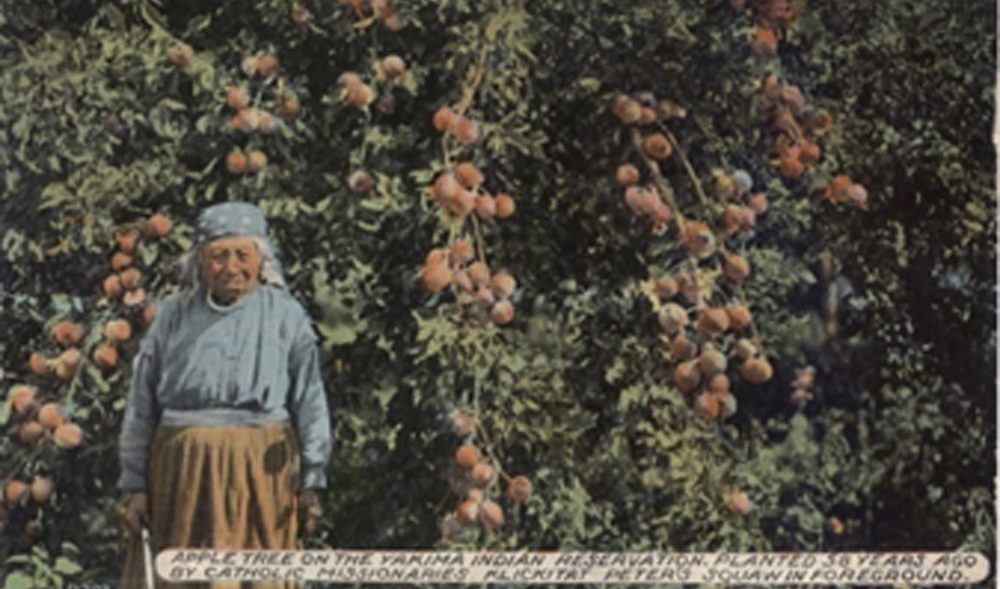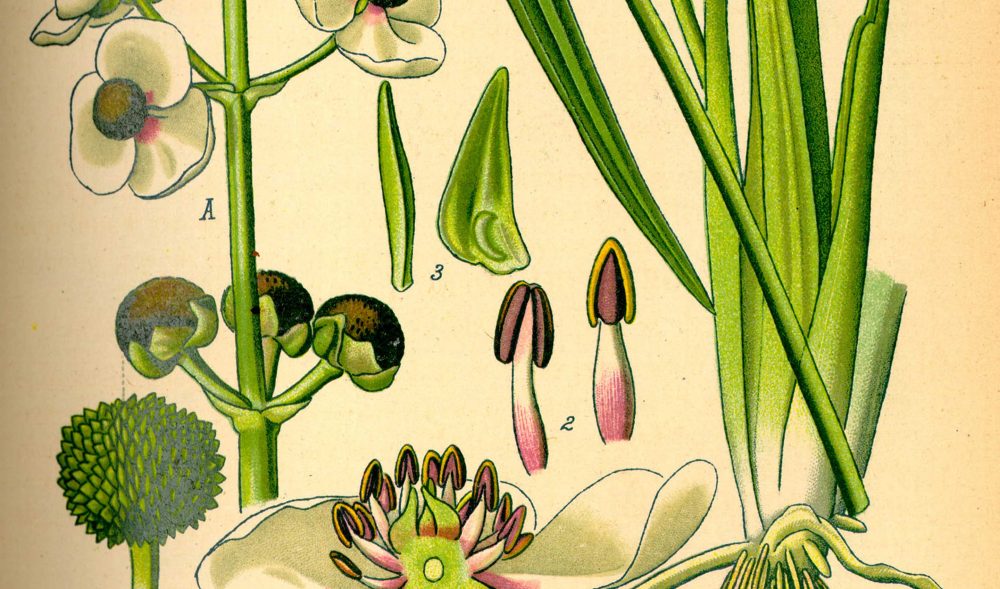Confluence Library
In this episode, speakers discuss a recent documentary on Native American food sovereignty called “Gather.” Our conversation includes two of the people featured in the film: Nephi Craig, a chef from the White Mountain Apache Nation in Arizona and Samuel Gensaw, the co-founder of Ancestral Guard.
For Native people of the Columbia River system, knowledge about salmon has been passed down through the generations, since time immemorial. Fish are intertwined with River Peoples’ past, present, and future. This article highlights several important subjects and resources, along with how seven fish of the Nch’i Wāna (Columbia River) are intertwined with tribal identity.
Greg Archuleta (Grand Ronde) prepared this report on First Foods at the Sandy River Delta, where the Confluence Bird Blind is located, for the Sandy River Watershed Council.
“Salmon have always kept their word…” In this episode, we talk with filmmaker Woodrow Hunt a Klamath/Modoc/ Cherokee descendent, and Bobbie Conner, a member of the Confederate Tribes of the Umatilla Indian Reservation and Executive Director of the Tamástslikt Cultural Institute, about Hunt’s recent film, Salmon’s Agreement.
Confluence held an online discussion on May 18th of the film Gather with cast members, moderated by Marylee Jones, a Yakama Culture Keeper. Gather is an intimate portrait of the growing movement amongst Native Americans to reclaim their spiritual, political, and cultural identities through food sovereignty, while battling the trauma of centuries of genocide.
This collection centers around salmon as a First Food and the sacred and cultural associations.
Linda Meanus (Confederated Tribes of Warm Springs) talks about gathering roots, wild plants, berries and the importance of carrying on those traditions.
A prairie plant dug up by women and children, the Camas bulb was an important part of Columbia basin diets. Grazing animals on camas lands by settlers led to skirmishes between the Army and the Bannock tribes.
The cultivation of apples and other orchard fruit at Fort Vancouver was highly successful, expanding to a third site at Fort Simcoe. The Nez Perce and Yakama quickly took to the crop, finding it productive and valuable.
Wapato are a wetland tuber which were a part of Native diet. Though consumption of wapato ceased after land cultivation by white farmers, wapato are being reintroduced to the Yakama diet. Notes on cooking and edibility.

